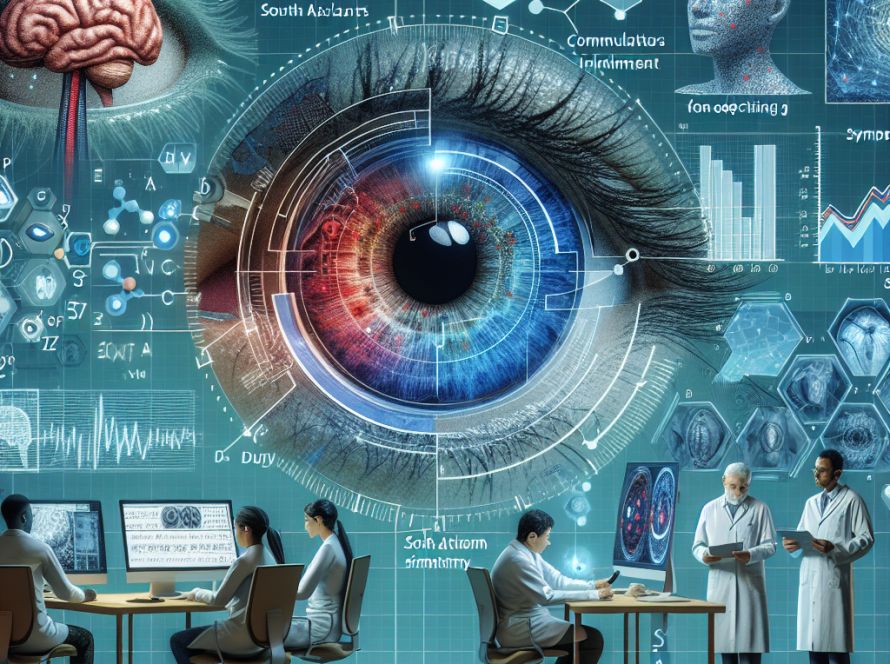AI-generated fake audio has begun to infiltrate not only political spheres but also everyday scenarios, as the technology becomes increasingly accessible and undetectable. The ethical questions surrounding this technology were highlighted a fortnight ago, when an audio recording of Pikesville High’s head principal Eric Eiswert was made public. Eiswert was supposedly heard making antisemitic and racist comments about his staff and students.
Eiswert firmly denies the accusations, claiming the audio to be an AI-generated fake. This stance was backed by Billy Burke, the executive director of the Council of Administrative and Supervisory Employees, a body representing administrators from Baltimore County. Eiswert’s job and reputation are currently in a state of uncertainty as the authenticity of the audio cannot be undoubtedly proven.
Until recently, claims of AI-generated audios were largely dismissed due to the belief that such technology didn’t exist. However, companies like Eleven Labs and software like Parrot AI now enable anyone to create convincing voice clones easily. Tools like OpenVoice, launched this year, make it possible for users to clone a voice with just seconds of audio input and have detailed control over the voice’s emotion, accent, rhythm, and more.
The credibility of the audio was questioned by a WJZ reporter, which led to Hany Farid, a professor specializing in digital forensics at the University of California, Berkley, analyzing the clip. Farid stated that although the clip had certainly been edited, he could not unequivocally confirm its authenticity. According to Farid, only five or fewer labs worldwide have the capability to reliably determine whether the audio is AI-generated or genuine.
Examples of the sophistication of this technology include an AI voice clone of George Carlin and a parody Trump vs Biden debate. Propelled by advances in technology, situations like the one Eiswert finds himself in could become more commonplace, potentially affecting politicians and ordinary people alike. Whether you’ve left a voice note on WhatsApp or a message on an answering service, you could potentially be the next victim. Conversely, if accused of an awkward verbal slip, one could merely blame it on AI voice cloning. The issue of proving the authenticity of audio remains largely unresolved. The alarming reality is that deep fake audio is becoming easier to create and harder to detect.

